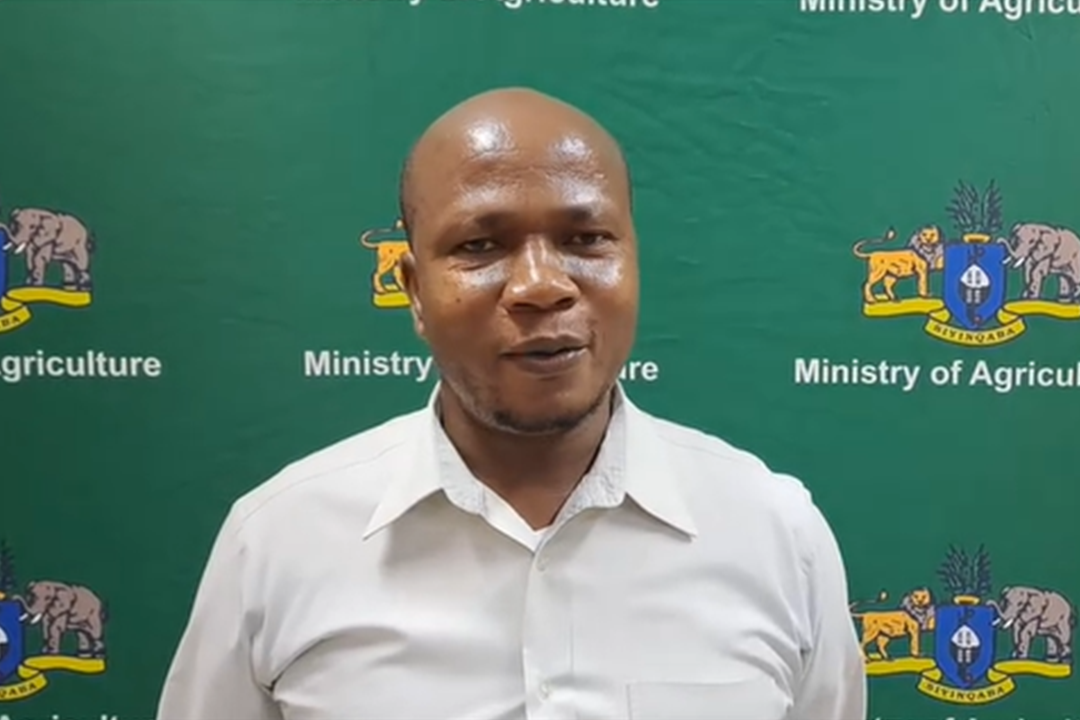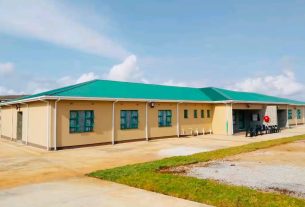By Mbono Mdluli
MBABANE – Did you know that Eswatini has its own seed bank, which has already collected over 1,600 types of seeds?
The bank, known as a Genebank, is located in Malkerns and was established in 1990. Its primary purpose is to ensure food sustainability for the nation. This means securing seeds today so that Emaswati can grow crops for many generations to come.
Chief Research Officer Thembinkosi Gumedze explained that the Genebank primarily focuses on preserving indigenous plant seeds, with some having been stored in cold storage for over 30 years. He emphasized that the Genebank also protects seeds from plants at risk of extinction, ensuring that such species are preserved for future use.
Among the preserved seeds are different varieties of maize, including yellow maize (locally known as sangalane), beans, cowpeas, watermelons, and many others.
Supporting Farmers
Gumedze highlighted that the Genebank collects seeds directly from farmers across the country. These seeds are multiplied to maintain their supply and distributed back to farmers, who further grow and multiply them. This approach helps ensure a sustainable cycle of seed production and availability.
He shared that every farmer receiving seeds is recorded, allowing the Genebank to track the seeds’ distribution and availability for future use. Gumedze linked this practice to a SiSwati proverb about obtaining quality seeds from friends or relatives, reflecting a cultural tradition of seed-sharing.
“We view farmers as our friends and relatives, always ready to share and help us secure seeds,” he said.
Partnerships for Growth
Gumedze also expressed gratitude to the Taiwan Africa Vegetable Initiative (TAVI), which has partnered with the Genebank since 2022. Through this collaboration, the Genebank has successfully expanded its collection of seed types, strengthening its mission to promote agricultural resilience and biodiversity in Eswatini.
The Genebank remains a cornerstone of the country’s efforts to combat food insecurity and preserve its agricultural heritage for generations to come.




